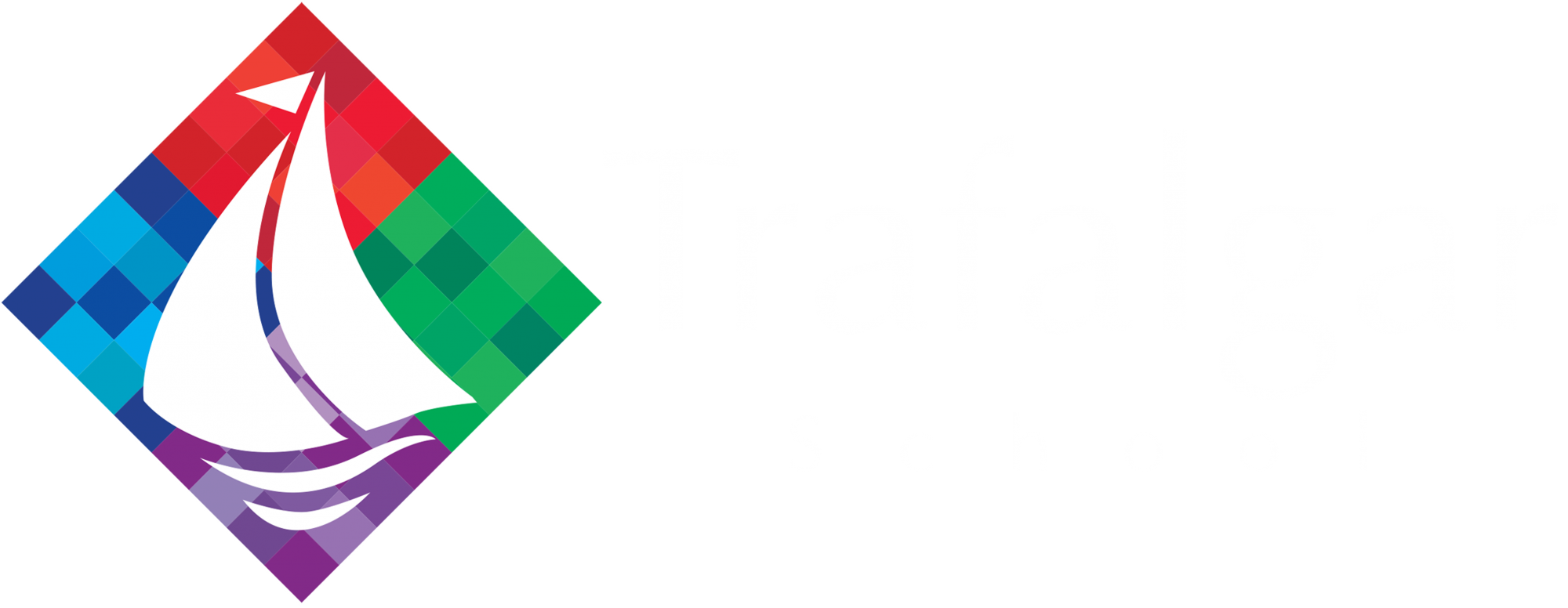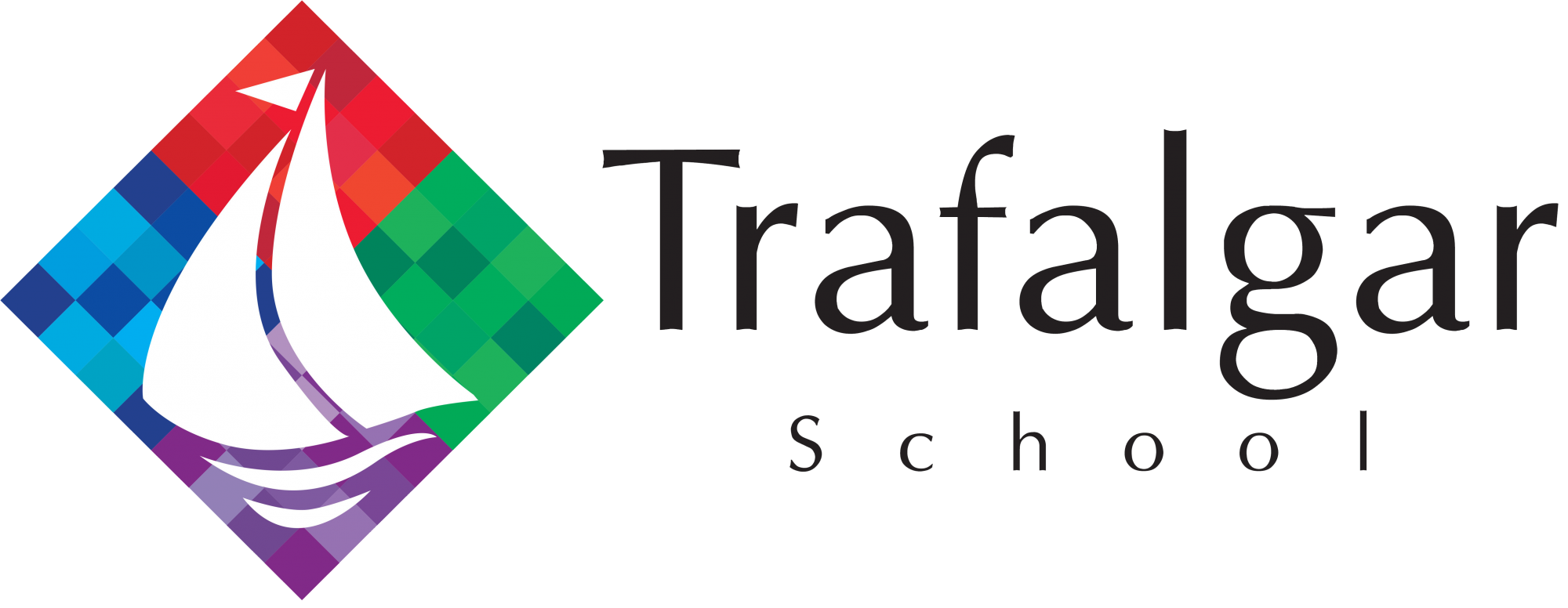Every Department in the school has responsibility for ensuring that your child is able to achieve in their subject. Their progress will be closely tracked, and fed back to parents throughout the year.
Some students will also have support from Inclusion Support Assistants in class and through interventions.
External agencies and specialists may also review your child’s progress and adapt their planning accordingly.
Our approach to teaching students with Special Educational Needs
The Inclusion team run a range of interventions to support students, as well as offering a range of training to support classroom teachers. The intervention provided takes a three-tiered approach to supporting learning.
Universal – this is the teaching your child will receive from their class teacher and may include some very minor adaptations to match learning needs. It also includes ensuring that all teachers are aware of how to match these learning needs, through good communication and training systems.
Targeted - it may be appropriate to consider making additional short-term special educational provision to remove or reduce any obstacles to your child’s learning. This takes the form of a graduated four-part approach of
a) Assessing your child’s needs;
b) Planning the most effective and appropriate intervention;
c) Providing this intervention;
d) Reviewing the impact on your child’s progress towards individual learning outcomes.
Sometimes this intervention may take place outside the classroom, as a 1:1 or with a small group of students. These will be limited to a number of weeks to minimise disruption to the regular curriculum. You will be kept informed of your child’s progress towards learning outcomes.
Specialist – it may be necessary to seek specialist advice and regular long-term support from a specialist professional within the school. Such specialists may include Speech Therapists or Educational Psychologists (see "What specialist services and expertise are available for access by the school?). Sometimes the school will enlist the services of external professionals, such as occupational therapists, sensory advisory teachers or services provided by the Local Authority. The school may need to prioritise referrals to these services. However, for a very small number of students, access to these specialists may be through an EHC Plan.

